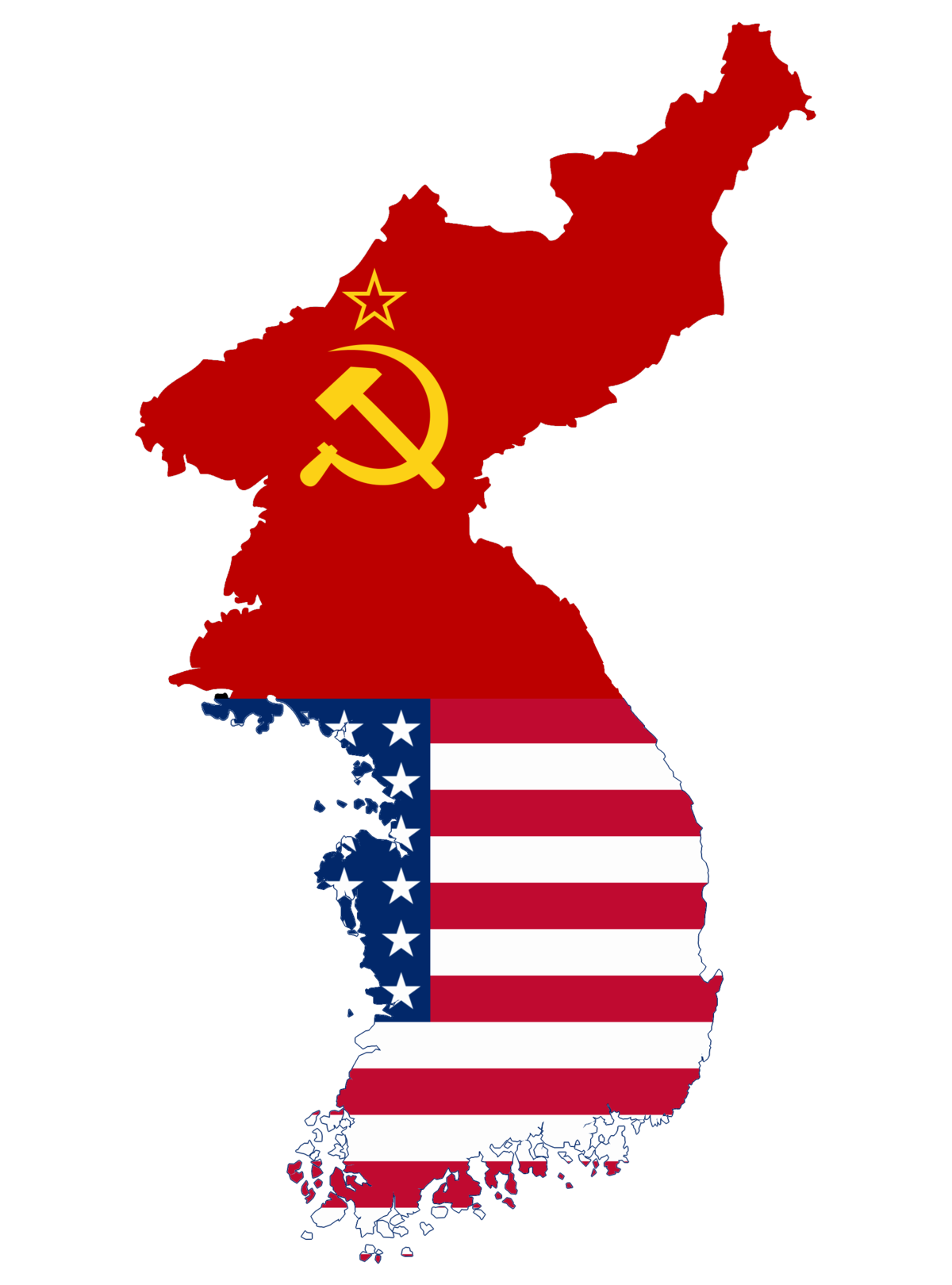(Korean War History) The Division of Korea, 1945-1948 post # 4
We saw in the last post that the US made a sudden decision on 10 August 1945 to propose, as part of General Order Number One governing the surrender of Japanese forces, that Americans take care of this responsibility in Korea south of the 38th parallel. The US proposed this change in the agreement it had just made at Potsdam the previous month because Washington learned that Japan would soon surrender. The war was not going to continue for another year or more, as had been expected, so issues concerning postwar political settlements were now urgent.
Americans were worried that the communist movement in Japan would become stronger if the Soviet army gained control of Korea and set up a pro-Moscow government in Seoul. In fact, Moscow’s goal for postwar Korea was to ensure that whatever government was established there be “friendly” to the Soviet Union. This was not a matter of spreading their ideology, in itself. Instead, having a “friendly” government in Korea was important because only then could Seoul be counted on to prevent a resurgent Japan, or a US/Japan coalition, from using the peninsula to attack Soviet territory. So why, then, did Stalin agree to the Americans’ sudden proposal to place their army in the southern half of Korea? The Soviet leader could easily have insisted that the US honor the agreement it had just reached at Potsdam. Moreover, the Red Army was already in northern Korea while the Americans were not prepared to land soon in Korea. It would therefore have been both simple and justifiable for the Soviets to continue their advance to the southern tip of the peninsula.
However, Stalin made a different decision. After he received the draft of General Order Number One on August 14, he replied the same day that he had nothing against the substance of the order but would like to propose two amendments. The first was that all of the Kurile Islands be included in the Soviet zone. This clarification of the Yalta agreement meant that the southernmost islands of the chain, the four just north of Hokkaido that were inhabited by Japanese, would be placed under Soviet control. The issue of the fate of these four islands is the reason the Soviet Union and Japan never reached a peace treaty ending the Pacific War. It remains a serious dispute between Moscow and Tokyo.
Stalin’s second proposed amendment to General Order Number One was much bolder. He asked that the northern half of Hokkaido be included in the area to be occupied by Soviet troops. Since he knew the Americans would resist this request, he claimed that because Japan had occupied the Soviet Far East from 1919 to 1921, the Russian people “would be gravely offended if the Russian troops had no occupation area in any part of the territory of Japan proper.” He added that he was “most anxious that the modest suggestions set forth should not meet with any objections.”
Thus, while Stalin cautiously advanced a request for an occupation zone in Japan, his top priority, he accepted without comment the creation of an American zone in Korea. He ordered the Red Army to stop at the 38th parallel and to withdraw to the north of that line if they had already crossed it. No document has come to light that reveals with certainty why the Soviet leader ceded southern Korea to the US. The best we can do to understand this key question is to examine carefully how the Soviet leader pursued his goals toward Japan over the next three months, while keeping the Korea issue on hold. The next post will turn to this subject.
.png)
Nice post, thanks for sharing
Thank you for reading
Very interesting.. Thanks for sharing
To listen to the audio version of this article click on the play image.

Brought to you by @tts. If you find it useful please consider upvote this reply.
Wow.
Thank you for this lovely history lesson. There's always something new to learn when I login to my account. I didn't know any of this, I'd still probably need to dig deeper to get more in-depth on this history lesson.
Makes me miss my history lectures.
Xo
Excellent work...And the topic is of great interest. thanks.
thanks for historical post of korean war,,it was great war,,
it was awesome of Korean War History,,,it was great in history of korea,,trhanks for share
nice post .. keep up it